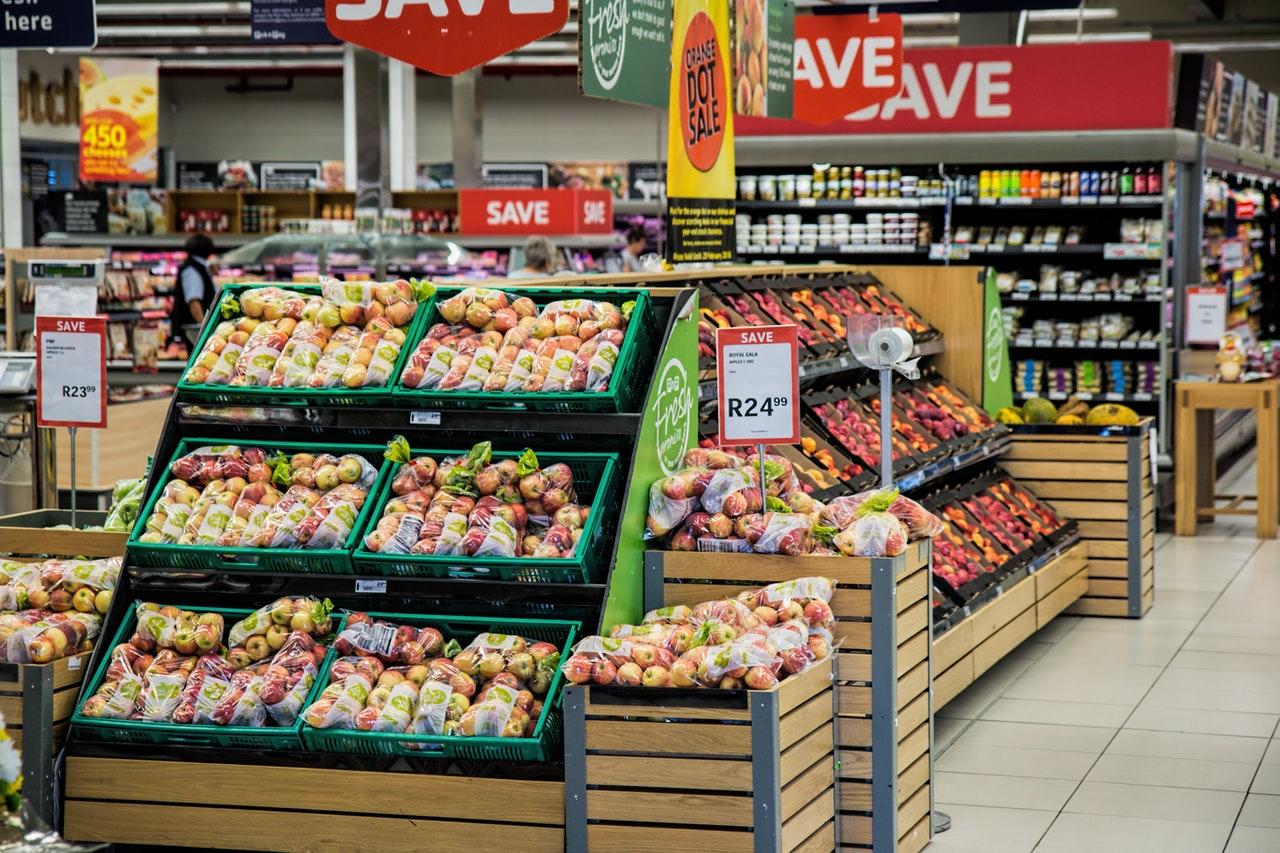Cost of living rises at fastest pace for 30 years: personalised offers are a window to how consumers can minimise growing costs of monthly food bills. Will Broome, CEO of Ubamarket, discusses how AI can save shoppers more precious pounds.
The Future of Offers and Discovery
An increase in food costs and the enduring energy bill crisis is continuing to drive up consumer prices at their fastest rate in nearly 30 years, with grocery prices rising by 6%. However, new trends and technology is emerging that could help provide a solution to the unabating concerns over the inflation of prices, including the white-label retail technology, Ubamarket.
While traditional price slashing is currently working for supermarkets, consumer habits are set to radicalise the ways in which they receive such offers. In today’s data-driven culture, investing in technology, particularly mobile apps which hyper-personalise the shopping experience for each consumer base, can help retailers to better target each individual customer. They can then better observe the shopping trends and continue to successfully make the in-store experience more appealing.
Enthusiasm For Data-Driven Offers
Signalling the desire for greater autonomy over the offers that they are provided, consumers have voiced their enthusiasm for data to have more influence on determining the offers they receive, uncovered in national research commissioned by Ubamarket – a white label retail tech pioneer that designs the Scan, Pay, Go app for Central England Co-op, EuroSPAR and Budgens, providing AI driven personalised offers for users of the app.
- 52% of people in Britain (almost 24 million people) are happy for retailers to collect and use their consumer data if it means there are money saving opportunities attached to it (this figure increases to 60% for millennials)
- 24% of people in Britain (10 million people) say that UK food retail is one of the only sectors that they don’t mind receiving personalised offers from
- 23% of shoppers (over 9 million people) feel they have lost up to hundreds of pounds worth of savings and offers due to not always using their loyalty card
The data suggests that a considerable number of people would be likely to shop in-store if they were well-informed of discounts, for example, through an app or alerts. This would also suggest why continental discounters have become so competitive. Furthermore, Ubamarket’s data indicates that the mountain of loyalty cards racked up by shoppers is no longer effective. Introducing mobile technology which helps shoppers to track and earn points across multiple stores and retailers, can help customers to unlock the deals and money saving opportunities and encourage them to frequent the physical stores. Will Broome, CEO of Ubamarket, discusses how AI-driven offers is set to become far more prevalent in grocery retail.“The rapid increase in consumer prices is clearly a cause for great concern. With the cost of living increasing at the fastest rate in the last 30 years, consumers need to be made aware of the ways in which respite can be provided to them. For those looking to curb their grocery costs that isn’t to the detriment of their diet, personalised offers could provide an incredibly viable solution. “Our research clearly shows that a huge portion of consumers see personalised shopping and easy access to offers and loyalty benefits as key elements of their shopping experience. Incorporating technology, such as in-app payments and personalised offers, can make the high street offering as convenient as possible and encourage more footfall into stores. Technology gives shoppers a reason to get up off the couch and feel excited to shop in-person again, and at Ubamarket, we are committed to providing this technology to help traditional retailers not only survive but thrive.”



